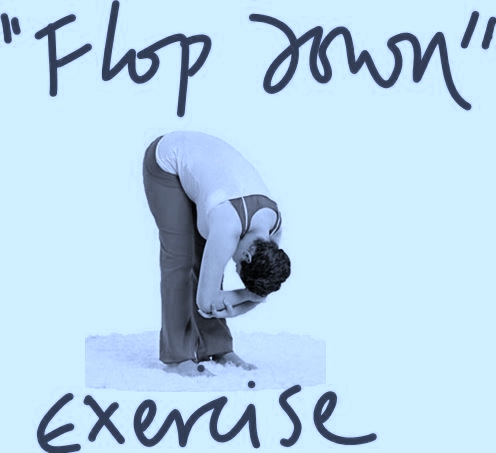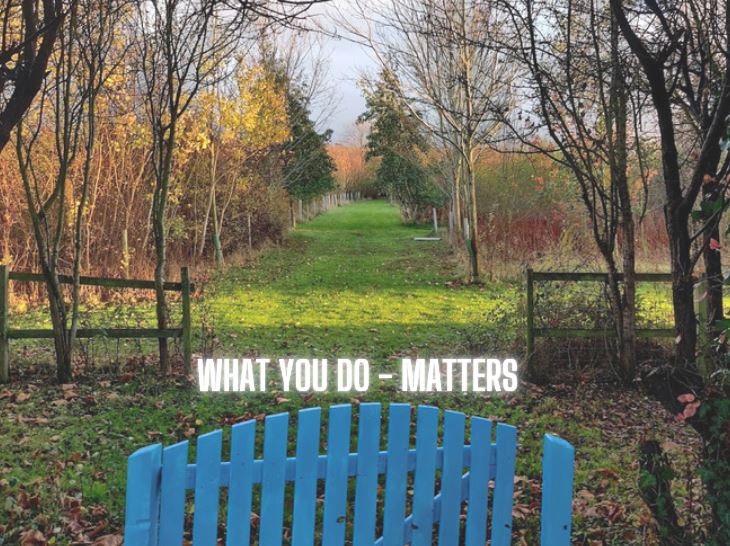Many people are suffering from grief just now. Personally, an uncle has passed away. My aunt is naturally sounding lost and bereft. Personal grief somehow brings into focus what might be felt by those in a war situation. Ukraine is in fear, and sometimes violently, that leads to personal loss.
I recall a book by Sasha Bates (Languages of Loss) in which appeared a quote:

In India, the Sanskrit alphabet is known as ‘matrika’ – mother – all we can aspire to is encompassed in the letters of the alphabet. If we can say it in words, then we have experienced it and overcome it in part.
In a world of names and forms, all we have is words. Words to express ourselves as we process what is happening – words not spoken, to give space to someone who is simply overwhelmed.
SILENCE IS A GIFT
The gift of silence is rare, because many of us can’t stop ourselves in time. Someone else in distress is so upsetting to us, that we immediately self-soothe by speaking. Just at first, in grief, the person might prefer not talking, and most importantly, not being talked to – this occurred to me only after I had started speaking to my mother, as she sat after crying on the phone. I stopped.
Just being alongside someone as they sit absorbed in their sense of loss, saying nothing, is giving them permission to do just that.
I had to try hard to refrain from offering advice; after a long silence, I ended up saying that she can do nothing about the mourning process on the ground, since she is not in India. But she can sit alongside her sister, as she grieves, which she will do, for a while. Her sister lives in Canada – and I have volunteered to take her there, when I can. The rest of my time with my mother was again, silent.
My presence said, ‘I can see your pain.’ I too was in pain though losing an uncle one saw infrequently, and who was mainly an email correspondent is very different from seeing one’s closest sibling in painful loss.
I sent up a prayer for calm. And I reminded myself that whatever I do to change this low mood, it will be done in small units – little by little. This is true of healing, as well as habit formation.
FINDING COMMON GROUND IN ART, MUSIC
We fell back into reviewing pieces of music, after a while. Finding common ground, in tunes we know and love, was a real comfort. I talked about the last song I had sung to my uncle, as a lantern containing a light had floated past his window, (Diwali, 2016).
Ms Bates talks about tapping into the creativity of others to help us express the pain we can’t yet form into thought ourselves.
Now that I am back from my mother’s I suspect I will spend time wandering around art galleries, responding viscerally to my sense of loss – feeling empty is so hard to grasp intellectually. I will sit quietly in my corner, and let it all just be.
If you are coaches, teaching life skills, helping clients through this kind of experience, you might encourage them to bring into the session any art, poetry, stories and music that they have turned to before. Or you could offer them something you may have yourself as a jumping off point – a box of postcards maybe.

During this last pandemic, I came across the work of Claire Dale, and her Physical Intelligence Institute. Apparently there is research to show how useful movement is for shifting stuck patterns and for addressing trauma, (Claire mentioned PTSD patients taking their fist to their fear, as we punched the air – I paraphrase, of course) but doing her exercises during this workshop, I too found it useful – for releasing my feelings of loss, lodged in the body, in a way that words can’t do.
IN AN UNCERTAIN WORLD, MANAGE YOUR OWN ANXIETY OR SENSE OF LOSS, TO SERVE YOUR CLIENTS MORE EFFECTIVELY
Most people ‘manage’. They respond to anxiety or a sense of loss and interpret their experience via other means: writing, walking around the fields, stretching, looking at art, listening to music, and spending time with friends…. all of it helps.
Get some formal therapy, if you need it, says Ms Bates. I would add, give yourself permission to be well, as others around you are plunged into anxiety and uncertainty.
The world looks to you to respond constructively to the chaos created by spiking energy prices, the uncertainty of war, and its economic consequences. Inflation outstripping interest rates – after a very long time – how are our savings doing? There is much to create anxiety.
Use whatever tools you need – extra coaching, therapy, physically intelligent movement or trips to an art gallery – to keep yourself on an even keel. Getting help when you could use it is a sign of great mental health.
A fund manager I work with is looking at the Camille Pissarro exhibition at the Ashmoelan in Oxford, as I write this. This is entirely deliberate.
I am planning to go myself to the Whistler at the RA., when I next go to my singing group, finally meeting again, in person, in a couple of weeks time. Meanwhile, daily movement. Quiet prayer, meditation.
If you can, open up your diaphragm, and sing out loud. Singing is a whole body experience, and leaves you with a high.
What you do, matters.
Everything positive you do defies those who are bombing civilians, pushing up the price of energy worldwide, disrupting our supply chains, and playing havoc with our budgets. It can also address personal loss.
